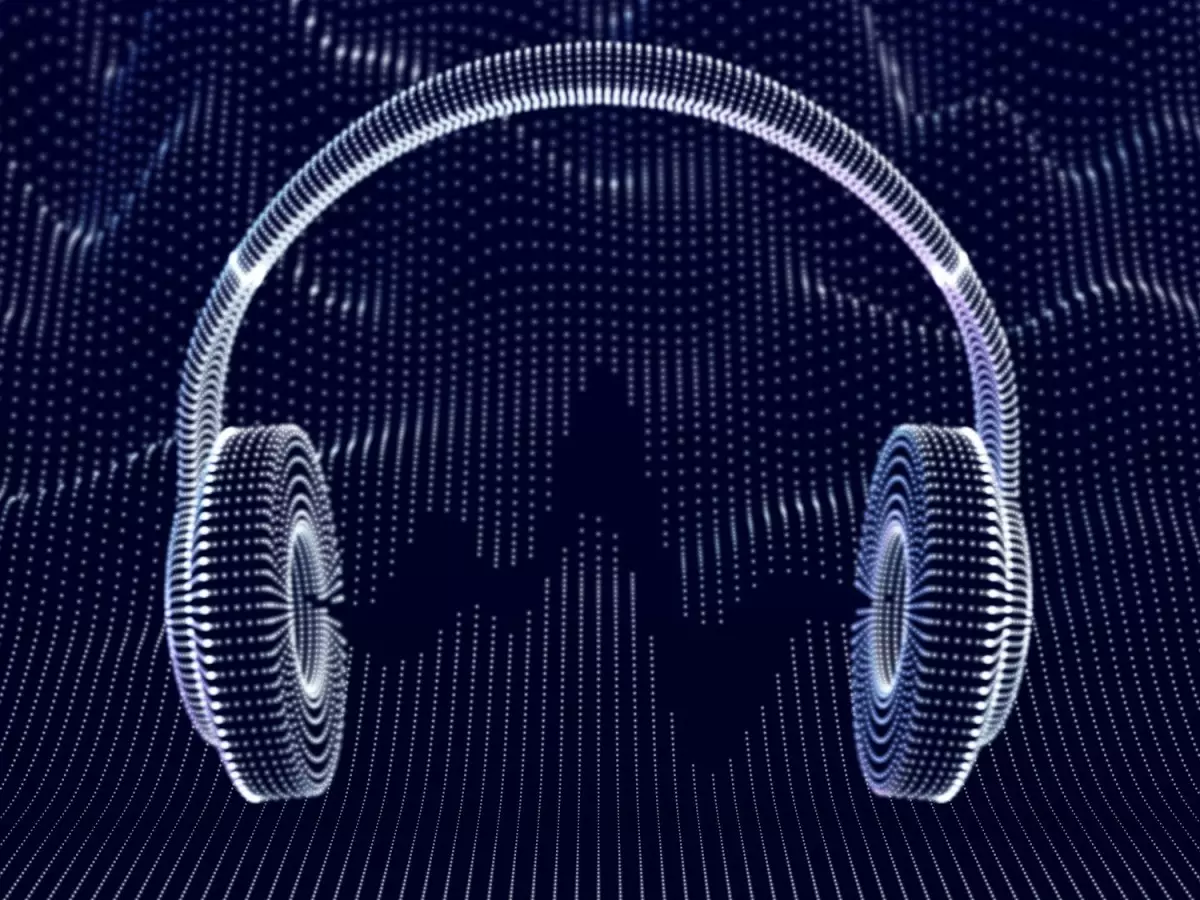Recently, the U.K. government has stepped up to the plate, eager to champion the growing tide of artificial intelligence (AI) innovation within its borders. While this initiative aims to attract tech companies and foster economic growth, the simultaneous push has sparked fierce debate among artists and creators. Central to this contention is an upcoming change in copyright laws that many in the creative community fear could undermine their rights and livelihoods, essentially permitting AI to siphon off their work without appropriate compensation or consent.
In a striking display of dissent, an alliance of 1,000 musicians recently unveiled a “silent album” titled “Is This What We Want?”—a profound gesture highlighting their discontent with proposed copyright reforms. This album includes contributions from notable figures like Kate Bush, Imogen Heap, and Max Richter, serving not as a collection of songs, but as a stark representation of what the artists believe will be the eradication of their creative expressions in favor of AI exploitation. Instead of melodic tracks, the album contains recordings of empty spaces—a stark metaphor for the void they foresee in the arts landscape if these legal changes take effect.
The creative choices that went into this project, such as including ambient sounds from individual studios, highlight the personal loss such legislation could impose. No longer would music be the product of nuanced creativity; artists would fear becoming mere background noise for advancements in technology.
According to the U.K. government’s proposal, future laws could allow AI companies to use copyrighted works for training purposes without the artists’ consent. This approach puts the onus on artists to “opt out,” inadvertently creating barriers that most creators might not be able to navigate. The concerns raised are profound: with no adequate system for tracking the use of their work, artists fear their contributions could be swept into a vast AI training framework without any acknowledgment or remuneration.
Critics argue that such legal alterations foster an environment of exploitation, transforming the rich tapestry of creative expression into a mere commodity for technology companies. As Ed Newton-Rex, the project’s organizer, has pointed out, there is a significant risk that many artists will unknowingly contribute to AI’s rise if they do not actively exclude their work from this usage.
The implications of the U.K.’s copyright changes extend well beyond its borders as similar struggles emerge in various markets, including the United States. Artists worldwide have started to unite against what they perceive as a dangerous trend of leveraging their work without appropriate safeguards. Signatures on petitions opposing these changes are accumulating rapidly, calling for a reevaluation of how copyright laws intersect with technological progress.
Newton-Rex’s journey—transcending from a composer to an advocate for artists’ rights—emphasizes the complexity of this issue. Having once developed an AI music composition platform, he now finds himself in a unique position advocating for the protection of creative work against the very technology he once championed. His experience underlines a growing awareness among creators that they may need to explore more supportive environments for their art, potentially impacting decisions on where and how they distribute their music.
As the debate intensifies, artists are left at a crossroads: should they continue to share their work, potentially exposing it to unregulated AI training, or should they withdraw from the digital realm to seek better protections elsewhere? Some, like composer Thomas Hewitt Jones, are already eyeing international markets with stronger copyright protections, while others ponder the feasibility of withdrawing their work entirely from online platforms.
Moreover, the repercussions of this debate challenge the very foundations of how art is consumed and produced in the digital age. Artists have traditionally embraced online platforms to gain exposure and build their fan base, but the advent of AI presents an unsettling contradiction. What was once seen as an opportunity for visibility has now morphed into a landscape of fear and potential erasure.
The controversy surrounding the U.K.’s impending revisions to copyright law highlights the fundamental tensions between innovation and the rights of creators. As artists mobilize and raise their voices against perceived injustices, the outcome of this struggle may shape the future landscape of the creative industries. Navigating this emergent terrain requires a delicate balance—one that respects the artists’ contributions while allowing technology to flourish. Finding common ground is essential, and it will require ongoing dialogue and advocacy to ensure that the evolution of AI does not come at the expense of creative integrity and expression.

